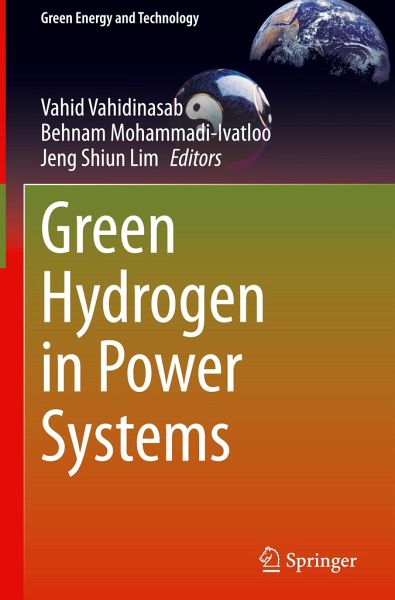Vahid Vahidinasab, Ph.D., is Director of NTU-GridLab and an Associate Professor of Smart Power and Energy Systems at Nottingham Trent University (NTU), UK. He is also a Research Impact Champion at the School of Science and Technology and a member of the NTU Research Impact Strategic Oversight Workstream. He has two decades of experience as a power and energy systems researcher and academic and has worked on various interdisciplinary projects. Through a whole-system approach, he seeks to enhance the resilience of the systems and empower people in the transition toward net-zero energy systems. He has a remarkable record of attracting significant external funds and effectively managing large-scale industrial projects, in addition to his extensive involvement in several national/international research and innovation projects funded by a range of highly esteemed organizations, including UKRI, EPSRC, EU-H2020, Horizon Europe, and various industry partners and local utilities. He isthe Editor-in-Chief of Springer Smart Grids and Sustainable Energy, Subject Editor of IET Generation, Transmission & Distribution, and IET Smart Grid, as well as an Associate Editor of IEEE Transactions on Industry Applications and IEEE Access. He is a Fellow of the Higher Education Academy, a Senior Member of the IEEE. Behnam Mohammadi-Ivatloo, Ph.D., is a Professor of sector coupling in energy systems at LUT University, Lappeenranta, Finland. He has a mix of high-level experience in research, teaching, administration and voluntary jobs at the national and international levels. He was PI or CO-PI in more than 20 externally funded research projects. He is a Senior Member of IEEE since 2017 and a Member of the Governing Board of Iran Energy Association since 2013, where he was elected as President in 2019. His main areas of interest are integrated energy systems, sector coupling, renewable energies, energy storage systems, microgrids, and smartgrids. Jeng Shiun Lim, Ph.D., is a leading Research Fellow at the Process Systems Engineering Centre (PROSPECT) of Universiti Teknologi Malaysia (UTM). His expertise lies in innovative process systems engineering techniques for resource conservation, energy efficiency, and carbon planning. Recognized in the top 2% of scientists worldwide by Stanford University, Dr. Lim serves as Associate Editor and International Editorial Board Member of JCLEPRO (IF: 11.072). He is also a guest editor for various special issues of journal such as JCLEPRO, Energy and Chemical Engineering Transactions (Scopus indexed). As a key member of the international project on the Development of Low Carbon Society (LCS) Scenarios for Asian Regions, Dr. Lim played a crucial role in crafting the Energy Chapter of LCS Blueprint for Iskandar Malaysia 2025. Endorsed by the Prime Minister of Malaysia at COP 18 Doha Climate Change Conference, this blueprint signifies a significant achievement in sustainable development. In practical applications, Dr. Lim has leveraged his research outcomes in consultancy projects for diverse clients, including local industries and multinational companies like BERNAS, FABER MEDISERVE, SHELL in Malaysia, and PERTAMINA in Indonesia. His expertise has identified GHG reduction and energy-saving opportunities worth millions of dollars, employing process integration and systems engineering approaches. Dr. Lim's direct impact demonstrates his dedication to advancing sustainability in the industrial sector.














